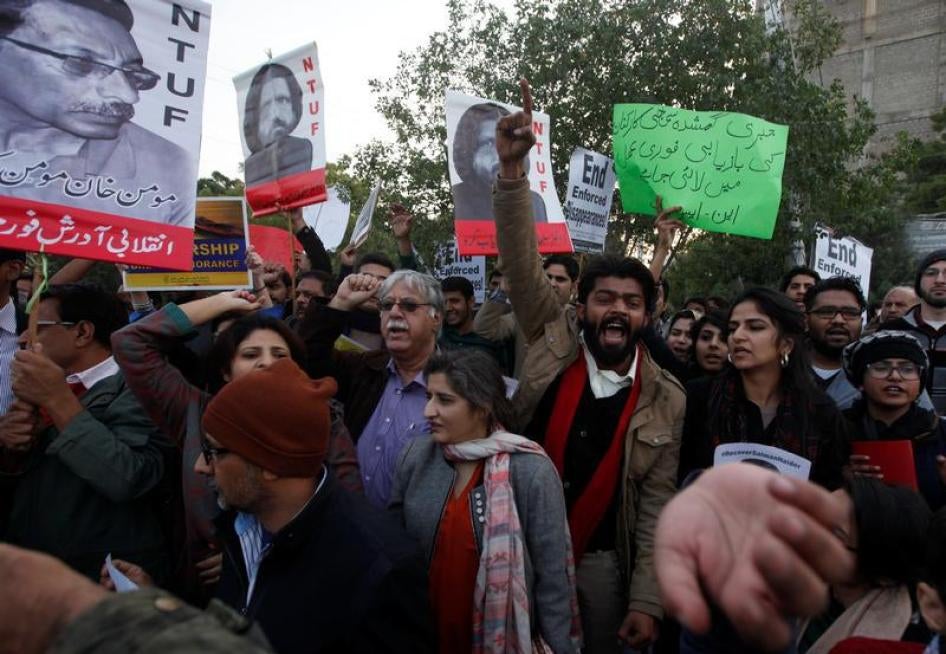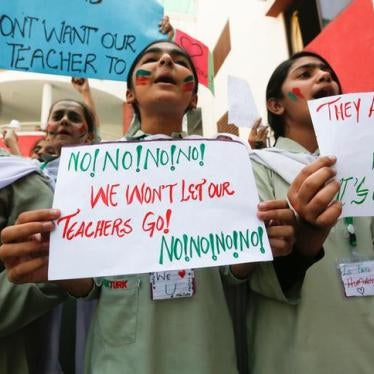“Any act of enforced disappearance is an offence to human dignity,” states the United Nations Declaration on the Protection of all Persons from Enforced Disappearance. Yet in Pakistan, hundreds remain forcibly disappeared, their families awaiting answers.
Giving people a rare glimmer of hope, Senator Farahatullah Babar called for a new commission on enforced disappearances on Monday. That same day, the Supreme Court ordered the government to provide the details of allegations against people who have gone missing – and are suspected to be “disappeared” by the government – in “black and white.”
Yet in the past, the government has failed to comply with court judgments and commissions on this very issue. Pakistan has yet to respond to a Supreme Court directive on October 26 demanding a detailed report on enforced disappearance cases. In a scathing indictment, Justice Ejaz Afzal Khan said, “The highest judicial office of the country has no answer to give to the loved ones of the missing persons who have been doing the rounds of the courts.”
A previous Commission of Inquiry on Enforced Disappearances, set up in March 2011 for six months, was recently extended to September 2017. During Pakistan’s latest Universal Periodic Review, where UN member countries weigh in on each other’s human rights records, Pakistan said that after examining of 2,416 disappearances that happened between March 2011 to November 2016, the commission traced 1,798 of the people to either being at home or detained on criminal or terrorism charges. The remaining 618 cases were closed.
Still, the government has not held anyone responsible for disappearances accountable. Nor have new cases of disappearances declined. The commission received nearly 300 complaints of enforced disappearances from August to October 2017, one of the largest number of cases received in any three-month period since 2011.
Senator Babar’s dissatisfaction with the existing commission stems from its failure to fully use its powers to combat disappearances, including “fix[ing] responsibility on individuals or organisations responsible” and filing police reports “against named individuals … who were involved either directly or indirectly in the disappearance of an untraced person. ”
Pakistan faces serious security threats, and abducting people and making them vanish does not make the country any safer. The government should act on the demands of Senator Farahatullah Babar and the Supreme Court to end the longstanding injustice to hundreds, if not thousands of its citizens.










